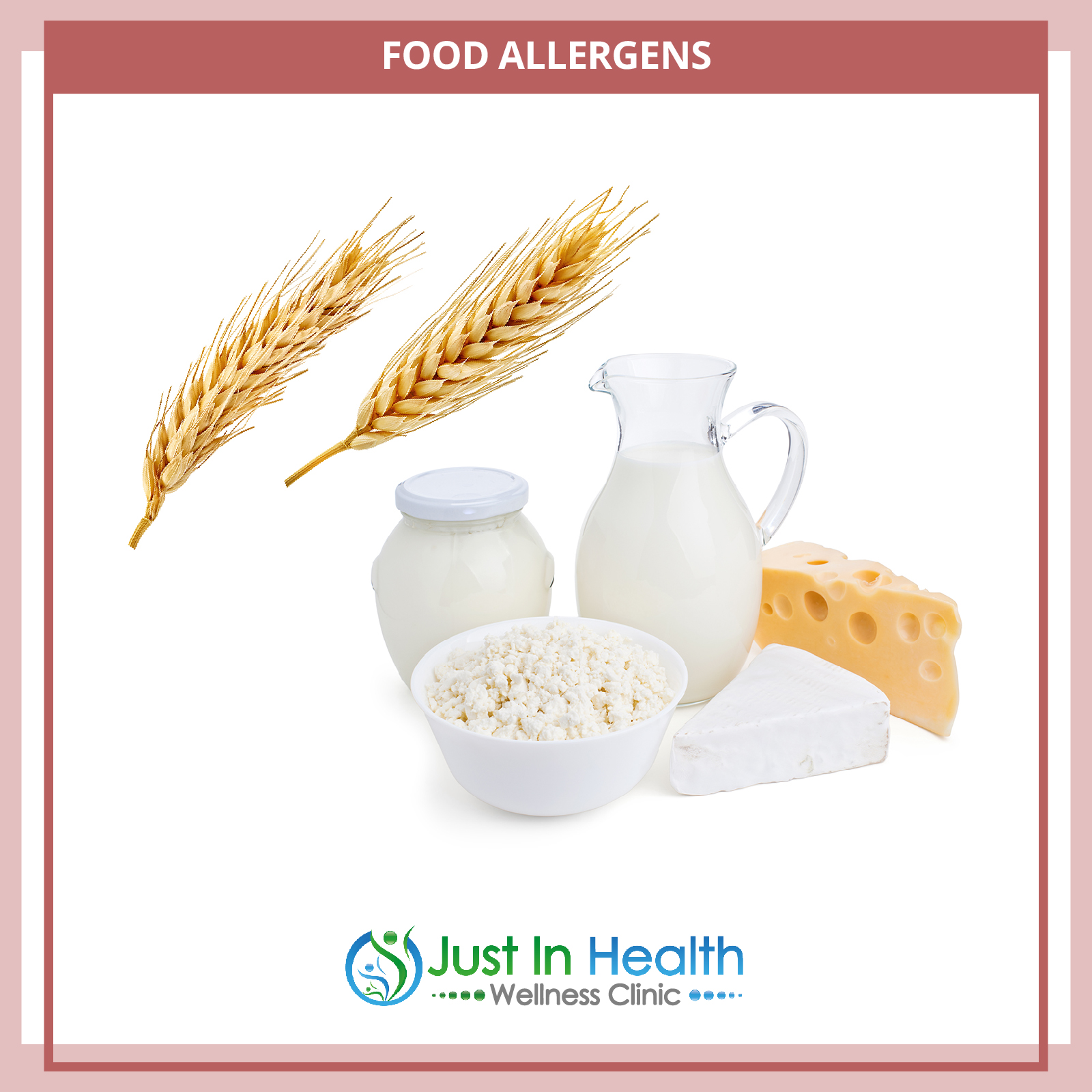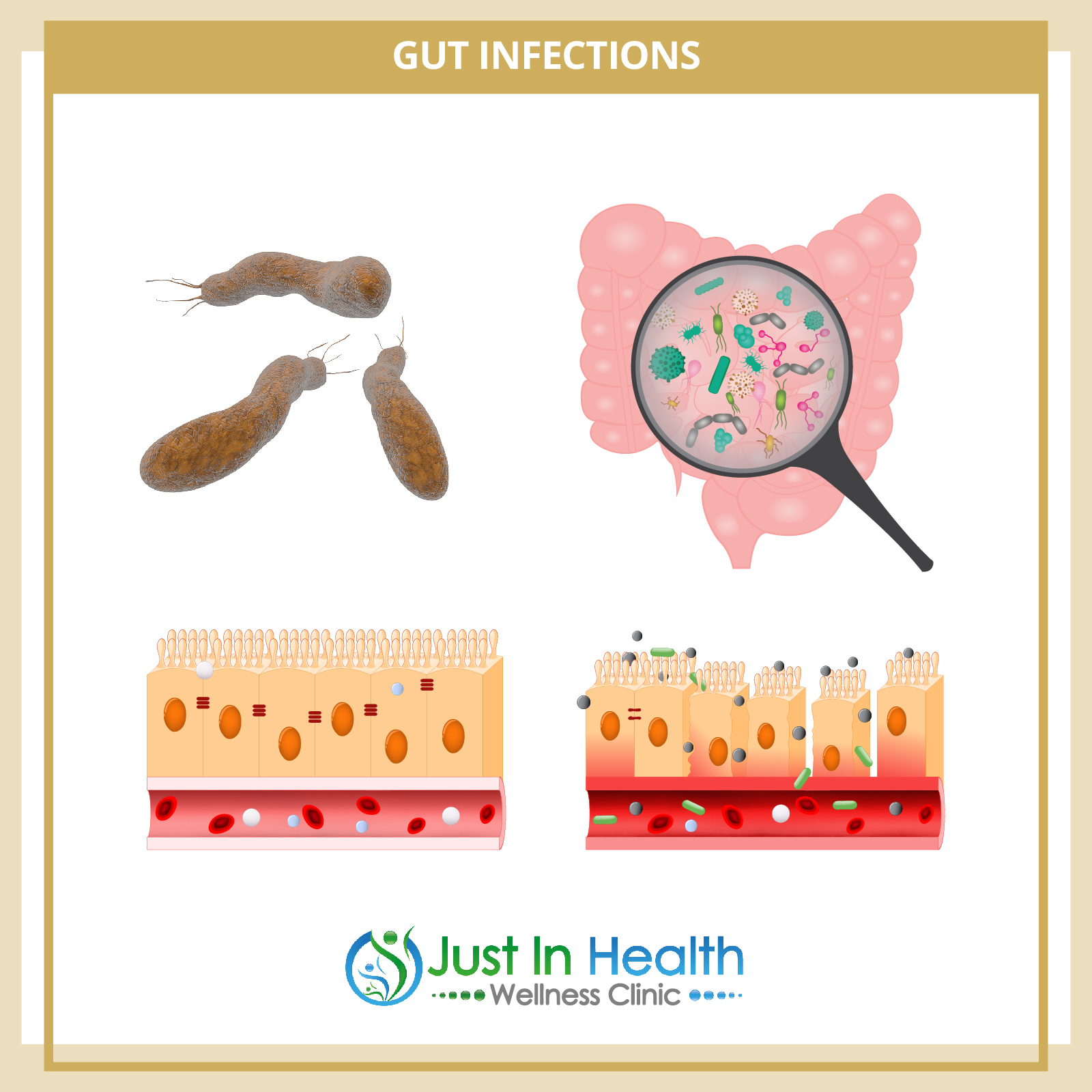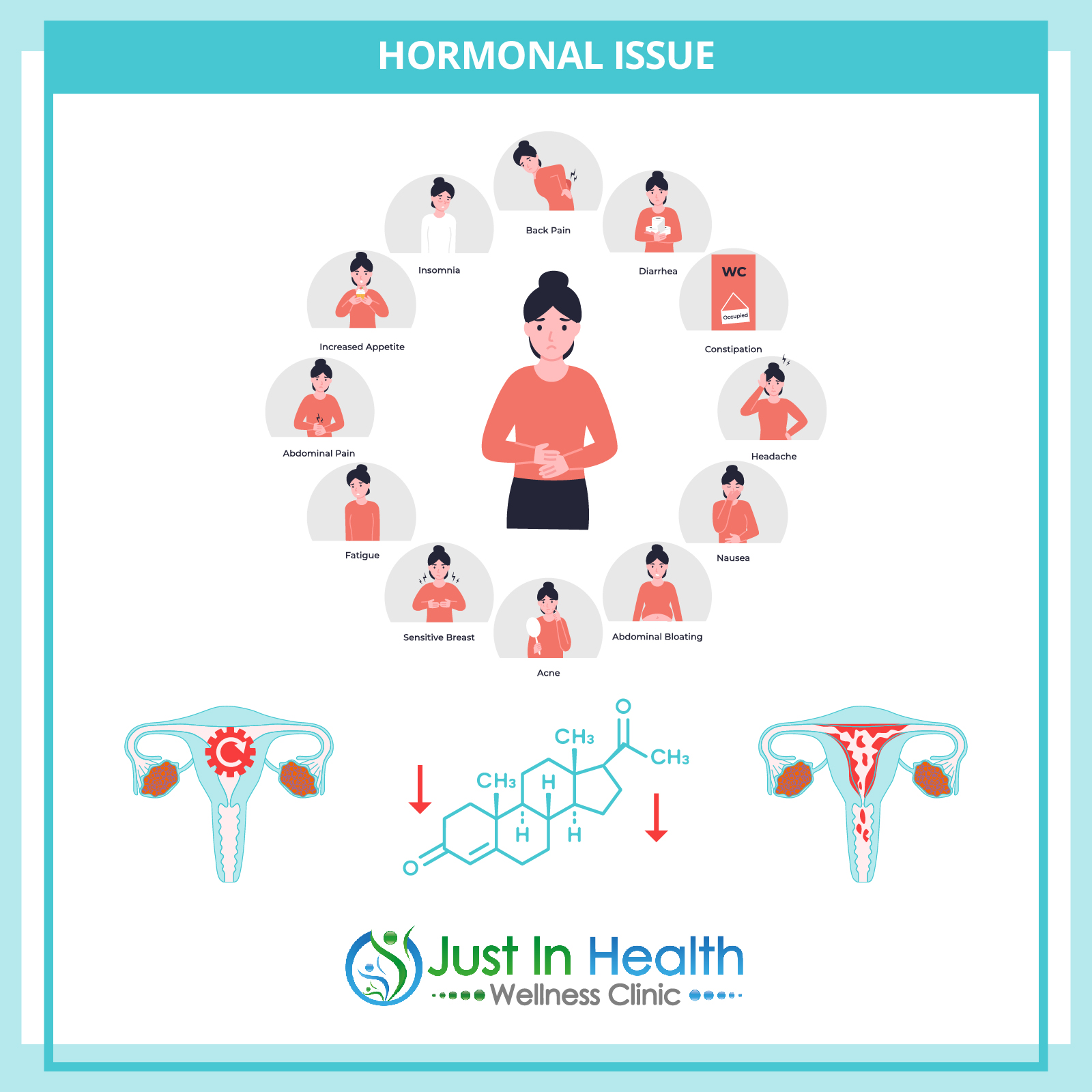

Chronic headaches can be frustrating, debilitating, and difficult to pinpoint. Many people suffer for years without finding a real solution because they don’t address the root cause.
I recently worked with a patient who had suffered from headaches for 25 years—every single month. We resolved the underlying triggers and drastically improved her quality of life by identifying them.
So, what are the top causes of chronic headaches? Let’s break them down and discuss ways to fix them naturally.
So we have headaches, head pain, or migraines, where you have that aura and sound sensitivity. There are a couple of different significant reasons why headaches may happen.

One of the biggest culprits behind chronic headaches is food sensitivities—especially to gluten and dairy. Studies suggest that gluten can affect blood flow to the brain, reducing oxygen and triggering headaches.
Your carotid arteries (those “garden hoses” in your neck) deliver blood to your brain. When inflammation restricts blood flow, the brain doesn’t function at its best—leading to headaches and brain fog.
Many people reach for caffeine to relieve headaches. That’s because caffeine constricts blood vessels, counteracting the vasodilation (widening of blood vessels) that often causes head pain. But beware—too much caffeine can lead to withdrawal headaches if you rely on it daily.

Artificial ingredients in processed foods can harm your system. MSG, aspartame, synthetic dyes, and preservatives are all common headache triggers.
For example, MSG (monosodium glutamate) can overstimulate nerve cells, leading to headaches and brain fog. Meanwhile, aspartame (found in diet sodas) can interfere with brain function and contribute to chronic migraines.

If you often skip meals or eat too many refined carbs and sugars, your blood sugar fluctuates dramatically. This can lead to reactive hypoglycemia, where your blood sugar crashes—triggering headaches, mood swings, fatigue, and cravings.
When you eat high-sugar, processed foods, your body releases a surge of insulin to decrease your blood sugar. The problem? This sudden drop leaves you tired, cranky, and prone to headaches.

Did you know that issues in your gut can trigger headaches? Your stomach and brain are closely linked, and if your digestive system is inflamed, your brain may suffer, too.
Conditions like H. pylori, SIBO (small intestinal bacterial overgrowth), and fungal overgrowth can contribute to gut permeability (leaky gut). When the gut lining is compromised, toxins and undigested food particles can enter the bloodstream, triggering an immune response and inflammation, often leading to headaches.
Gut infections can also lead to histamine intolerance, a condition where excess histamine builds up in the body. High histamine levels are a significant trigger for headaches and migraines.

For many women, hormonal fluctuations are the root cause of their headaches. This is why headaches are common:
When progesterone and estrogen levels drop, inflammation increases and headaches can become more frequent.
Heavy periods can lead to low iron levels, affecting brain oxygen delivery. Low oxygen = more headaches.
Chronic headaches don’t have a one-size-fits-all solution. The key is identifying your specific triggers—food, blood sugar, gut issues, or hormones—and addressing them at the root cause.
If you’re struggling with persistent headaches, consider working with a functional medicine doctor to get personalized recommendations.
Try drinking water, consuming electrolytes, massaging pressure points, and resting in a dark room. Magnesium supplements can also help.
Yes! Dehydration reduces blood flow to the brain and can lead to frequent headaches. Ensure you drink at least half your body weight (in ounces) of water daily.
Keep a food diary and track when headaches occur. Consider eliminating those foods if you notice a pattern (e.g., headaches after dairy or gluten).
Yes—migraines often include nausea, light/sound sensitivity, and aura. Regular headaches are usually tension-related and don’t have these additional symptoms.
Absolutely! Stress triggers the release of cortisol and adrenaline, which can cause muscle tension and blood vessel changes—leading to headaches.
====================
Recommended Products: